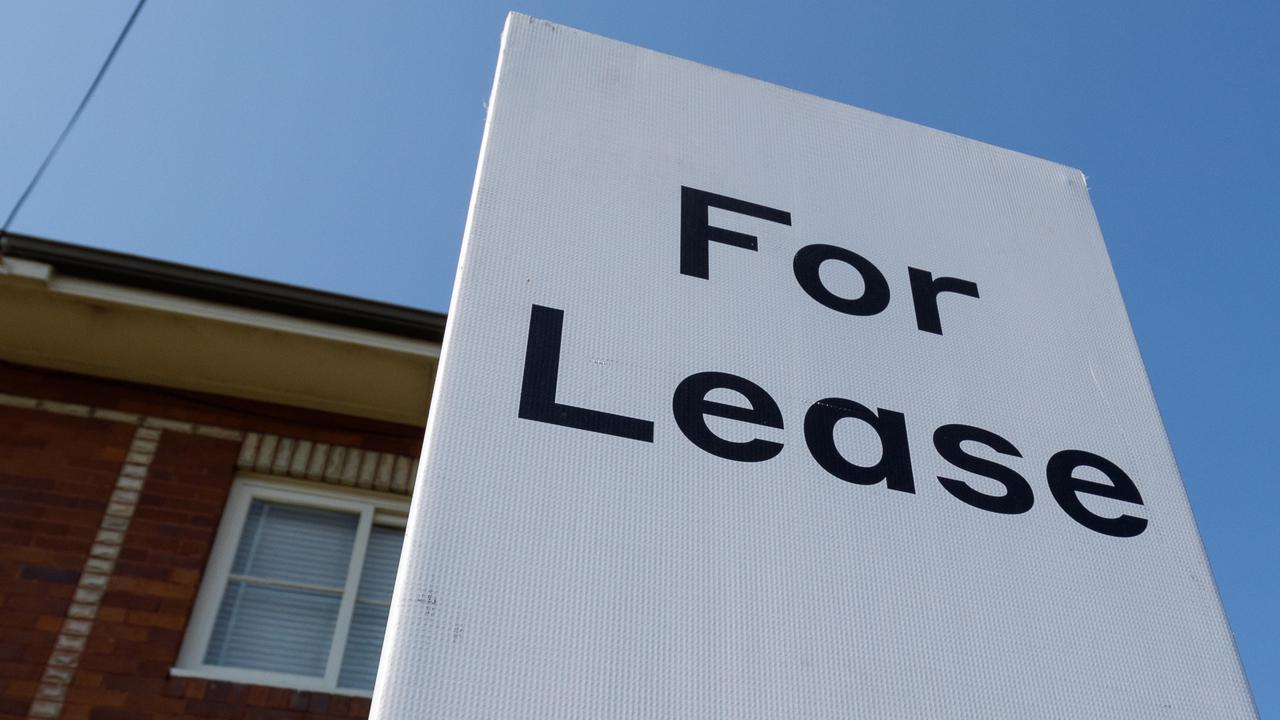Gen Y is getting screwed by the taxation system
WHILE their elders are laughing all the way to the tax office, this group of workers is getting screwed.

WHILE debate rages about whether people who use negative gearing are rich or poor, there’s one group who are definitely not laughing all the way to the tax office.
New modelling shows that those aged under 30 are being royally screwed by the current tax system, which benefits older and wealthier Australians.
In fact, young people receive just 6.4 per cent of the $37 billion that comprises our three most costly tax breaks: negative gearing, capital gains tax and superannuation tax concessions.
That’s a measly $2.4 billion, compared with the $34.6 billion their elders are clawing back to bolster their position among the landlord class.
It’s no wonder so many young Australians are still living at home, staving off what looks to be a lifetime of serial sharehousing.
The analysis comes after Opposition leader Bill Shorten announced on Saturday that a Labor government would change negative gearing laws so that they only applied to new homes purchased after July 1, 2017, and halve the current 50 per cent capital gain tax discount when negatively geared properties are sold.
Ben Oquist, executive director of progressive think tank The Australia Institute, named the capital gains tax discount and negative gearing as “particularly unfair for the young”, with under-30s claiming only about one per cent of the value of these tax breaks — which add up to $7.7 billion a year.
“It is a double hit for the young, with many being priced out of the home owning market in part because of the very tax concessions they are mostly missing out on,” Mr Oquist said.
“It is often argued that tackling tax concessions is politically difficult, but the reality is that the bulk of the concessions flow to a relatively small proportion of the population and this is particularly true when it comes to younger Australians.
“The Government has made much of the importance of intergenerational equity, there is nothing equitable about retaining expensive tax concessions that deliver a fortune to wealthy members of certain generations and virtually nothing to younger generations.”
The analysis was undertaken by the National Centre for Social and Economic Modelling using its database of Australian households plus up-to-date information from the Australian Taxation Office, commissioned by The Australia Institute.



